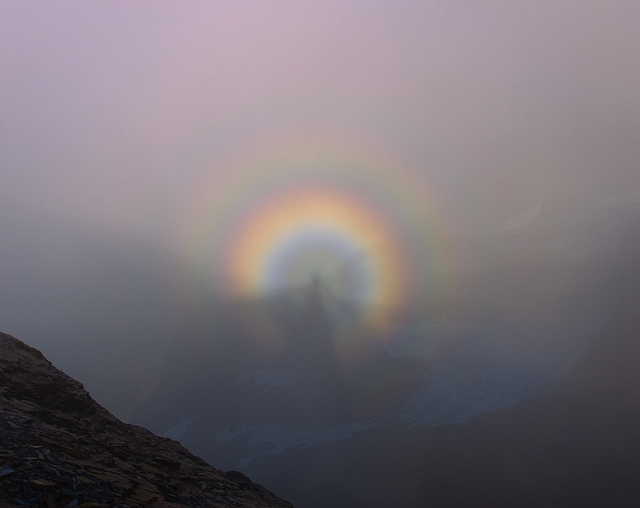Mount Tabor is the site said to be the location of the Transfiguration of Jesus. I have only seen Mount Tabor from a distance, from the position of other sites throughout the Holy Land. On the one hand, it is a mountain like any other in the landscape of this section of the world. It is a diverse topography marked by hills and valleys, fertile plains and arid desert, mountains and wildernesses. On the other hand, Mount Tabor is extraordinary. And then you remember that such is their nature — mountains, that is. I grew up in California, with relatives in Washington State, and did my internship in Washington. Talk about mountains — Rainier, Hood, Shasta, Baker, St. Helen’s. Magnificent. Regal. Snowcapped. I remember very well visiting my grandparents only weeks after the eruption of Mount St. Helen’s. Ash was everywhere, even though they were 60 miles south.
And so mountains are particular and poignant. The rise up from the plains of our lives to invite majesty and awe; wonder and fear; to call to mind the heights of the heavens and yet the reality of the valleys below.
Mountains have a way of disarming you. There are those who choose to conquer certain mountains, whether an item on the bucket list or simply a quest that meets a certain life need, want, desire. The truth is, mountains can kill you. And perhaps there is a certain truth to that when it comes to the Transfiguration.
Mountains have a way of disrupting you. They change your framework, your way of seeing the world. Mountains don’t lie.
Mountains have a way of transforming you. Yet, at the same time, this is the difference between Luke’s version of the Transfiguration and Matthew and Mark (the Transfiguration does not occur in John). Notice that immediately after Jesus descends from the mountain in Luke, he is met with need. Whereas Matthew and Mark include a dialogue about Elijah, in Luke, Jesus has to address healing and not theology.
This may be our clue to preaching the Transfiguration from Luke — that mountaintops provide moments for seeing reality and not making up theology. That mountaintops create spaces for perspective instead of justifying preconceived perceptions. That mountaintops truly change your way of interpreting or making sense of the world. One cannot escape some sort of draw toward the mountains of the Holy Land. They force you to make sense of your confession of faith that is outside any predetermined, isolated, and limited opinion.
As permanent as mountains appear to be, mountaintops are fleeting. Mountaintops are temporary. Mountaintops are momentary. Yet, we so long for them to be lasting. Why is that? We are not strangers to this quest. Maybe this is the issue to pursue this week: why we want the mountaintops to last, to make a difference, to mean something. Why? Because we long for understanding. We long for a viewpoint that others do not have. We long for perspective that results in the very true possibility that we can make sense of the world — not only for ourselves, but for those who frequent our pews, who visit our offices, with whom we accompany on moments of life that are more complicated than we could have ever imagined.
We long for mountaintops. We need them. But what is different in Luke’s Transfiguration account is the radical revelation of a mountaintop experience that is then interrupted by the urgency of reality. Luke reminds us that our proclamation of the good news will elicit real need. Are we ready to handle that? Are we ready to embody that? Are we ready to preach that? There’s a lot of terrain between hills and valleys, mountaintop experiences and the trenches of real life, the highs and lows of human existence.
Dear Working Preachers, this cannot be a sermon that is a default to the day. In other words, a sermon that seeks to justify, rationalize, or make sense of this event in Jesus’ life. It just has to be what it is: a revelation of Jesus. A revelation of who Jesus is. A revelation of relationship.
The Transfiguration of Jesus has to be a moment of revelation that extends and exists beyond the mountaintop experience. Otherwise, it will only justify glory, power, and privilege. And so, our call to preach this Sunday has to be grounded in the ways in which God grounds God’s very self in transfiguration. God has chosen to reveal God’s self in ways that are breathtaking, miraculous, wondrous. Why? Because we have a tendency to tame God, to think that God will adjust to our many needs, to think that God will conform to our ideals.
When the Transfiguration becomes a sort of embarrassment for the church, an example of the ways in which the church hopes for glory, an argument for Jesus’ divine identity, a chance to wax nostalgic about mountaintop experiences, well then, it will cease to matter. Make it matter by preaching what it is — no ordinary mountaintop experience.
Karoline

